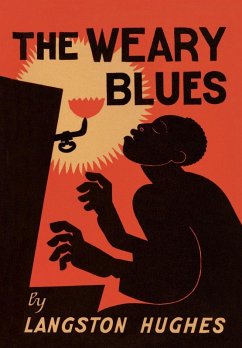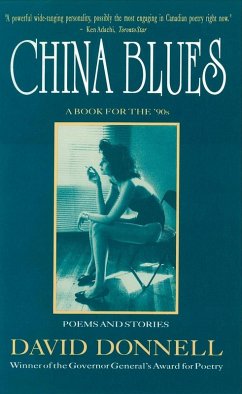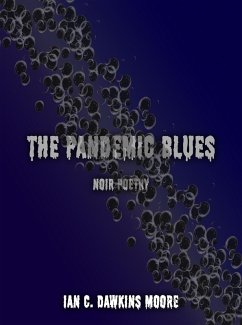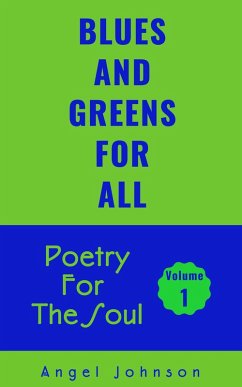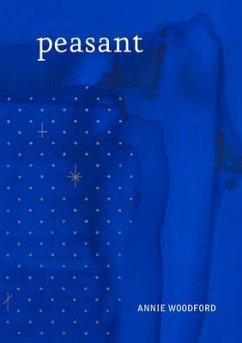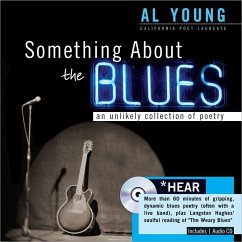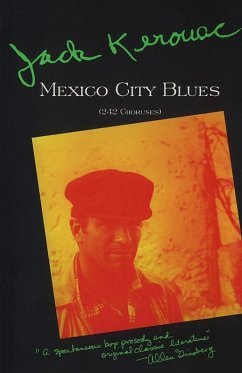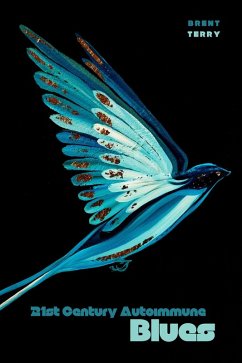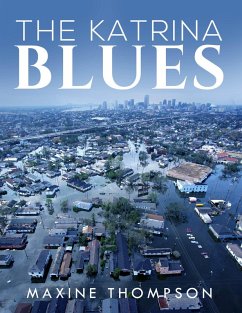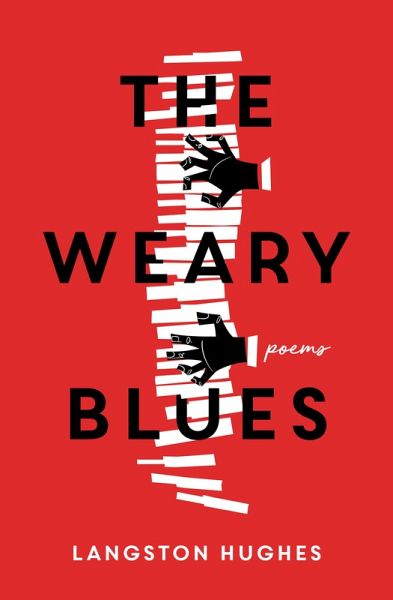
The Weary Blues (eBook, ePUB)

PAYBACK Punkte
0 °P sammeln!
The first published poetry collection from the acclaimed Harlem Renaissance poet behind such works as "Montage of a Dream Deferred" and "Life is Fine."Originally published in 1926, The Weary Blues is Langston Hughes's first collection of poetry. Broken into seven thematic sections, the sixty-eight poems capture the heart of a young budding artist and the spirit of the Harlem Renaissance. The title poem, "The Weary Blues," tells the story of a musician performing in a bar and uses a very lyrical style that flows throughout the collection. Other poems include, "The Negro Speaks of Rivers," "Dan...
The first published poetry collection from the acclaimed Harlem Renaissance poet behind such works as "Montage of a Dream Deferred" and "Life is Fine."
Originally published in 1926, The Weary Blues is Langston Hughes's first collection of poetry. Broken into seven thematic sections, the sixty-eight poems capture the heart of a young budding artist and the spirit of the Harlem Renaissance. The title poem, "The Weary Blues," tells the story of a musician performing in a bar and uses a very lyrical style that flows throughout the collection. Other poems include, "The Negro Speaks of Rivers," "Danse Africaine," "Dream Variation," "Mother to Son," "Suicide's Note," and "Winter Moon." The work touches on subjects like art, identity, race, class, urban life, music, and the Black experience in 1920s America.
Originally published in 1926, The Weary Blues is Langston Hughes's first collection of poetry. Broken into seven thematic sections, the sixty-eight poems capture the heart of a young budding artist and the spirit of the Harlem Renaissance. The title poem, "The Weary Blues," tells the story of a musician performing in a bar and uses a very lyrical style that flows throughout the collection. Other poems include, "The Negro Speaks of Rivers," "Danse Africaine," "Dream Variation," "Mother to Son," "Suicide's Note," and "Winter Moon." The work touches on subjects like art, identity, race, class, urban life, music, and the Black experience in 1920s America.




